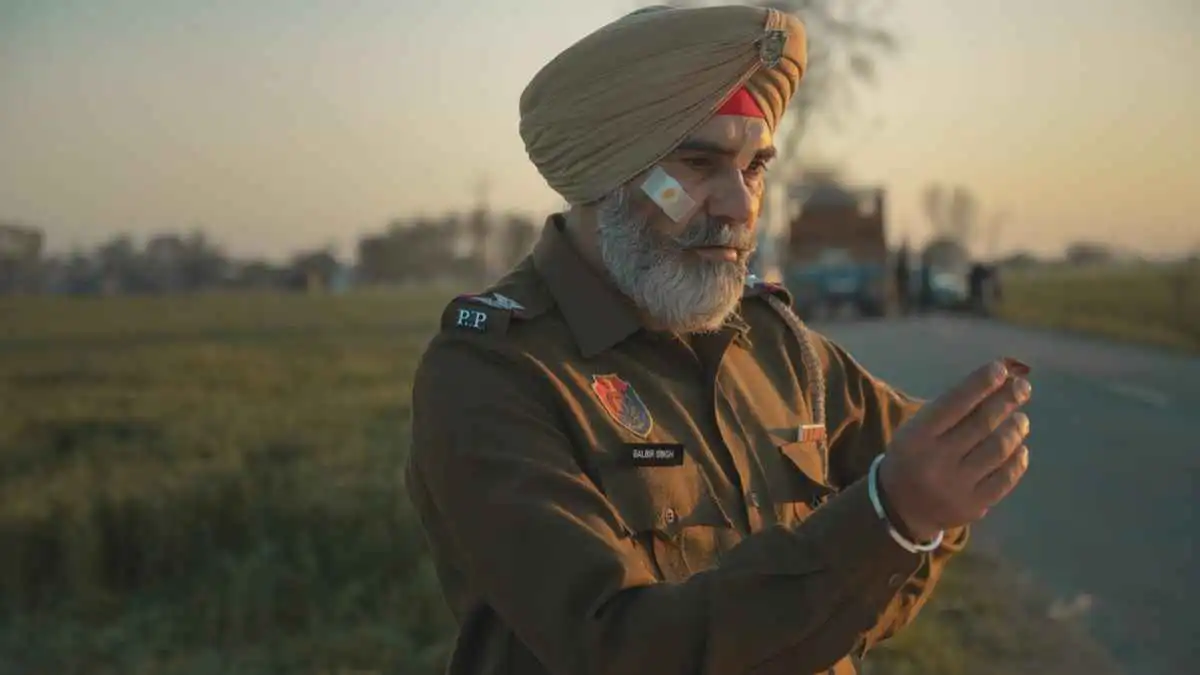Kohrra and its jagged, anguished heart
Randeep Jha’s Netflix show quietly folds together lessons in love within a slow burn


